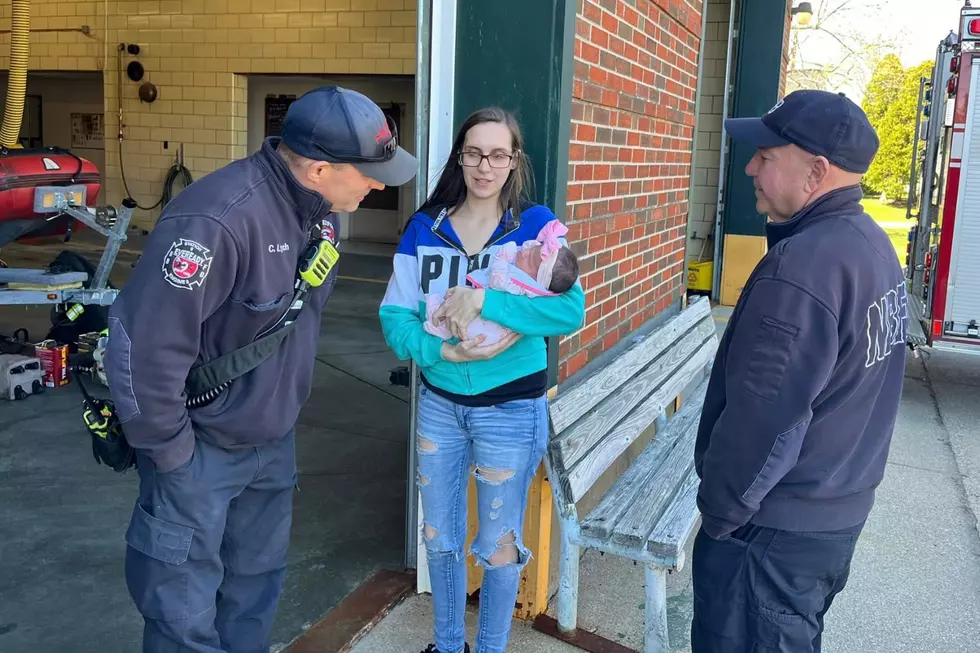![Update on UMass Dartmouth’s CVPA in Downtown New Bedford [TOWNSQUARE SUNDAY]](https://townsquare.media/site/518/files/2021/09/attachment-CVPA-FACEBOOK-PHOTO1.jpg?w=980&q=75)
Update on UMass Dartmouth’s CVPA in Downtown New Bedford [TOWNSQUARE SUNDAY]
Questions have been raised in recent weeks about the future of the UMass Dartmouth College of Visual and Performing Arts at the Star Store in Downtown New Bedford.
The college was, at one time, thought to be a key part of New Bedford's growing arts community, but critics claim the CVPA has gradually shifted away from traditional fine art and studio art programs, like ceramics and textiles, and toward more career-path curricula, like fashion design, animation or gaming design.
CVPA Dean A. Lawrence Jenkens joined Townsquare Sunday this week to talk about the shift and why.

Jenkens said the university will continue to provide some studio art instruction, but it's clear fewer students are showing interest in those areas.
"They may not all be housed at the Star Store, but painting, sculpture and drawing are fundamental to what we do, and we're not going to stop doing it," he said.
Jenkens said larger numbers of students are enrolling in programs like fashion, illustration and gaming design, and that will permit the college the opportunity to preserve smaller enrolled programs in traditional studio arts.
"In order to revitalize the Star Store, to bring the kind of creative traffic that we brought to Downtown New Bedford in the past, we're going to focus on the areas that are growing, the areas of student demand," he said.
At the top of the list, Jenkens said, are programs like graphic design, animation and game art and illustration.
The complete Townsquare Sunday interview with Dean A. Lawrence Jenkens can be heard here:
Townsquare Sunday is a public affairs program heard every Sunday morning at 6 and 11 a.m. on 1420 AM and 99.5 FM.
The program highlights individuals and organizations seeking to make the SouthCoast a better place to live and work.
If you would like your organization featured on Townsquare Sunday, please contact the host at jim.phillips@townsquaremedia.com.
LOOK: Here are the biggest HBCUs in America
More From WBSM-AM/AM 1420









